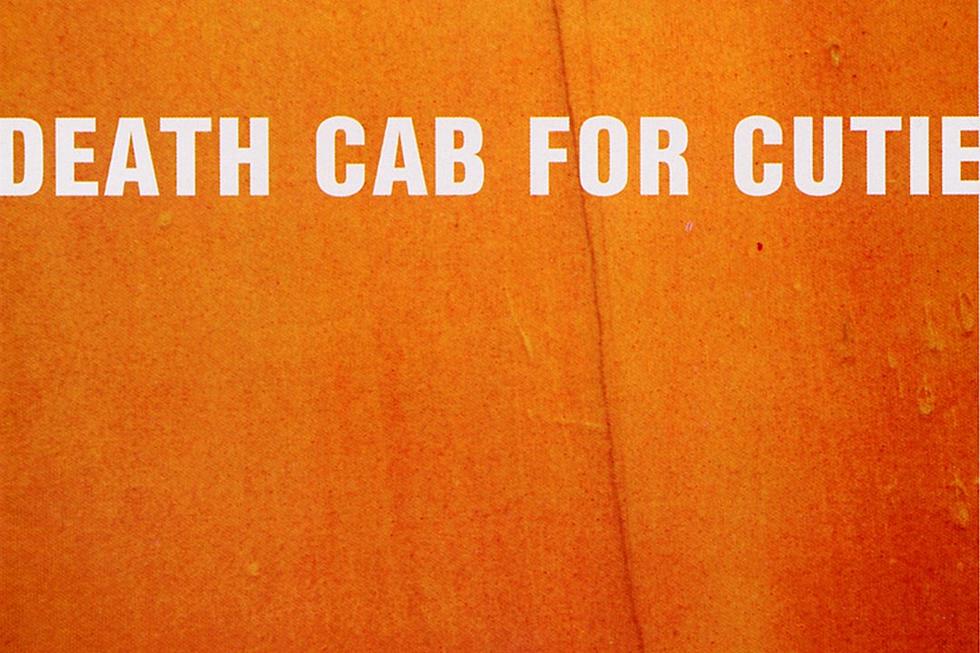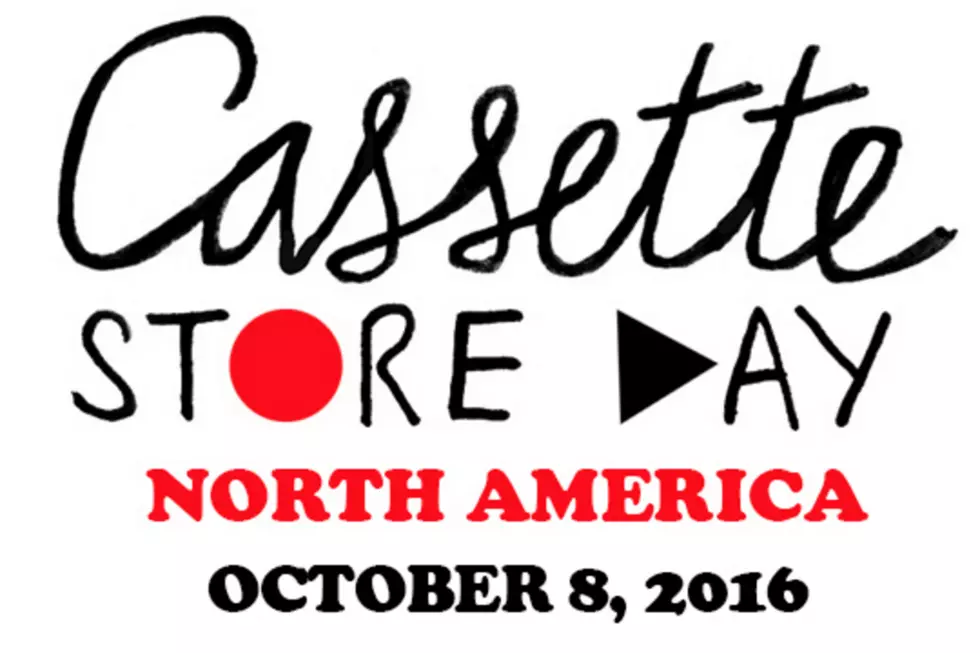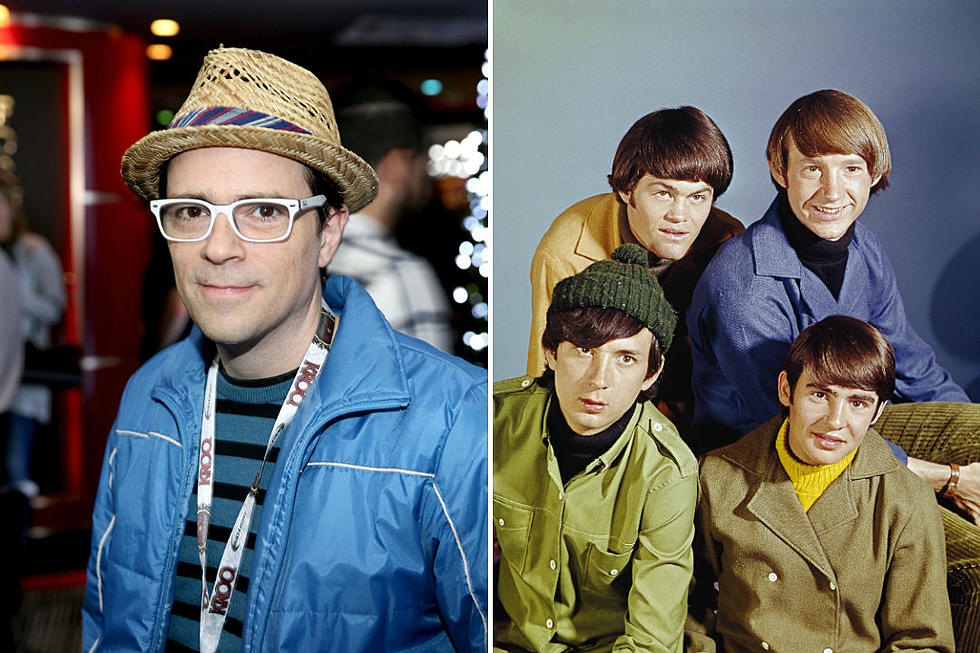
12 Years Ago: Death Cab for Cutie Release ‘Transatlanticism’
In 2003, Death Cab for Cutie were still a young band, but a busy one. During their first six years, they released three albums and two EPs, but mainstream success eluded them. That all changed around October 7, 2003, with the release of Transatlanticism.
The album marks the end of Death Cab's indie label status (they signed with major label Atlantic the following year) but they went out with a bang. "Transatlanticism, Death Cab for Cutie's fourth album, presents a polished version of the heartstring-tugging formula that has earned the Washington state quartet its cultish following," Rolling Stone critic Teri Tsang wrote, "Melodic, melancholy songs about feeling both smart and confused, hopelessly romantic but wary of love."
But taking a melancholy album by a little known indie band to the mainstream masses requires exposure, and Death Cab's came courtesy of The O.C., which premiered on Fox just two months prior to Transatlantic's release. Songs from the album weren't included on the show, but cuts from their 2001 album The Photo Album were. Additionally, one of The O.C.'s characters, the pop culture-loving Seth Cohen, mentioned the band, presumably influencing the kids who were watching.
The other factor in the band's sudden exposure was singer-guitarist Ben Gibbard's side project, the Postal Service. That band released their only album, Give Up, in February 2003, handing Sub Pop its biggest hit since Nirvana's Bleach. As such, "Death Cab for Cutie's Ben Gibbard" was a fixture in the music magazines throughout 2003. Courtney Smith summed up the Postal Service's impact in an article for radio.com:
The set-up was classic: people who had never heard of, let alone listened to, Death Cab had come to know Gibbard’s lyrical style and voice through 'Give Up.' The world was primed for a new album from this voice, and 'Transatlanticism' essentially served as the follow-up. It was the kind of publicity you couldn’t pay for, and a little more credible than the music gospel according to TV’s teenaged music geek, Seth Cohen.
So The O.C. and the Postal Service may have gotten listeners in the door, but without something worth listening to, Transatlanticism would've easily sunk back into the indie abyss. The band delivered big hooks and an intimate theme -- long distance love -- a combination that has powered hits since the earliest days of popular music. The album's second single, "The Sound of Settling," is as hooky as they come and became the third Death Cab song to find its way onto The O.C. soundtrack.
Gibbard may have been the band's principle songwriter, but guitarist-producer Chris Walla is often credited as the man behind the curtain. SPIN said that "Walla doesn’t just fold the map, he crumples, shreds, and trashes it, taking this band places they’ve never been. The album is littered with dissonant clatter and swoony echoes."
The band themselves gave Walla credit for the album's improved sound, but also noted the benefits of better equipment. Gibbard told SPIN that “the board Chris used to mix our first record on, you couldn’t get a $150 for it... so not only has Chris gotten better as an engineer, but we’ve just had better stuff to work with every record. It’s not that [Transatlanticism] is more produced, but everything is refined more, the sounds are better–the juxtaposition between the clean sound and the dirty sound is that much nicer."
The album generated a third single, "Title and Registration," that was released as a streaming single on the band's website. A promotional CD was also released that included two versions of the track along with a cover of Julian Cope's "World Shut Your Mouth."
Transatlantic went on to achieve gold record status and often is listed as the band's finest hour. In 2013, the album earned the full 180-gram deluxe vinyl 10th anniversary reissue package, replete with bonus tracks. If you want to hear the demo versions of all 11 of the album's tracks, this is the version you want.
The 21 Best Alt-Rock Albums of the 21st Century
More From Diffuser.fm









